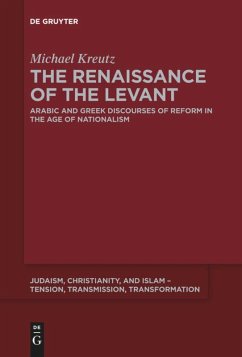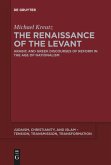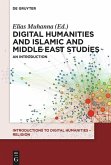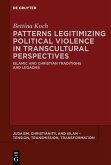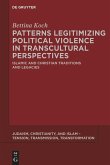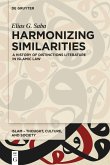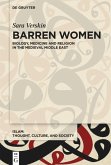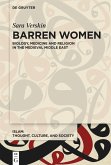Since the Mediterranean connects cultures, Mediterranean studies have by definition an intercultural focus. Throughout the modern era, the Ottoman Empire has had a lasting impact on the cultures and societies of the Southern and Eastern Mediterranean. However, the modern Balkans are usually studied within the context of European history, the southern Mediterranean within the context of Islam.
Although it makes sense to connect both regions, this is a vast field and requires a command of different languages not necessarily related to each other. Investigating both Greek and Arabic sources, this book will shed some light on the significance of ideas in the political transitions of their time and how the proponents of these transitions often became so overwhelmed by the events that they helped trigger adjustments to their own ideas. Also, the discourses in Greek and Arabic reflect the provinces of the Ottoman Empire and it is instructive to see their differences and commonalities which helps explain contemporary politics.
Although it makes sense to connect both regions, this is a vast field and requires a command of different languages not necessarily related to each other. Investigating both Greek and Arabic sources, this book will shed some light on the significance of ideas in the political transitions of their time and how the proponents of these transitions often became so overwhelmed by the events that they helped trigger adjustments to their own ideas. Also, the discourses in Greek and Arabic reflect the provinces of the Ottoman Empire and it is instructive to see their differences and commonalities which helps explain contemporary politics.

